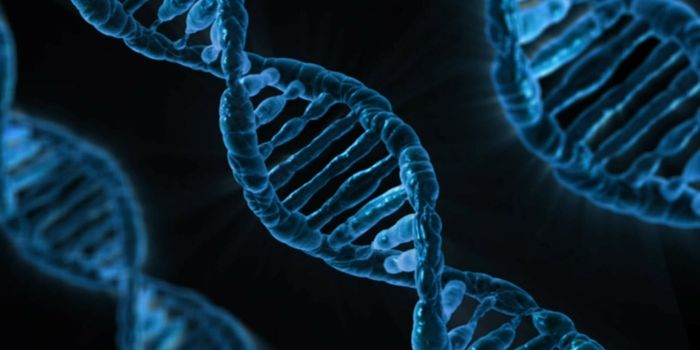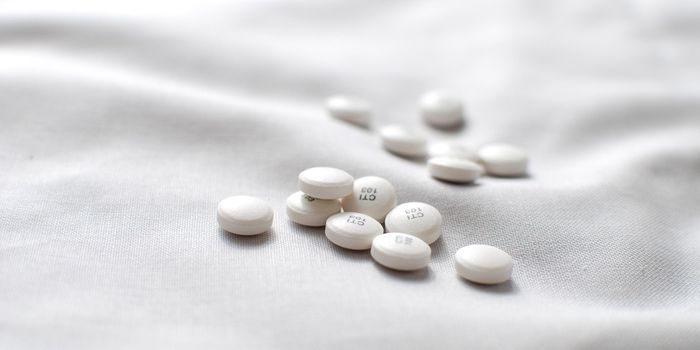Breast Implants Carry Risk For Rare Cancer, FDA Finds
The Food and Drug Administration recently highlighted a link between breast implants and a rare cancer that’s claimed at least 9 lives.
The cancer is known as anaplastic large cell lymphoma (ALCL), and is considered a rare form of non-Hodgkin's lymphoma. In total, since February 1 of this year, 359 cases of such cancer have been reported, including 9 deaths.
Importantly, the FDA makes a clear distinction that the deaths were not caused by breast cancer. Rather, the malignant cells can be found in the scar tissues surrounding the breast implant.
"All of the information to date suggests that women with breast implants have a very low but increased risk of developing ALCL compared to women who do not have breast implants," wrote the FDA.

“When we take these out, you can hear a peeling sound,” said Dr. Alex Wong, a plastic surgeon and researcher at the University of Southern California’s Keck School of Medicine. “Whereas with a smooth implant, it’s like Jell-O. You can spin it around. It moves really easily.”
“We’re still trying to find out why the surface matters,” said Dr. Wong. It’s not hard to imagine, however, that cells can better attach and nest into textured surfaces versus smooth surfaces. The content of the implant – silicone or saline – does not seem to influence cancer development.
The FDA’s announcement marks a more conclusive update on this matter, which was raised back in 2011. However, at the time, researchers did not have enough evidence to suggest a possible link.
Fortunately, the cancer seems to be rare and not commonly fatal. The FDA suggests that removing the diseased tissue and implants is sufficient for most affected women, although some do require extended cancer treatments. Further, they note that women with implants who don’t show symptoms – lumps, pain, swelling of the breast area – are likely at low risk for the cancer.
Additional sources: CNN, The New York Times








